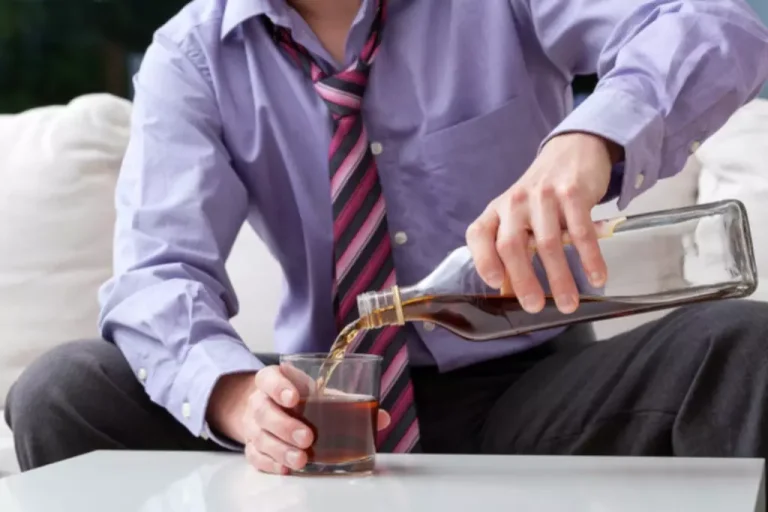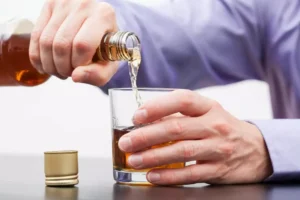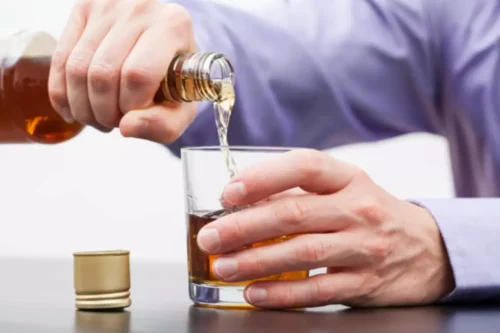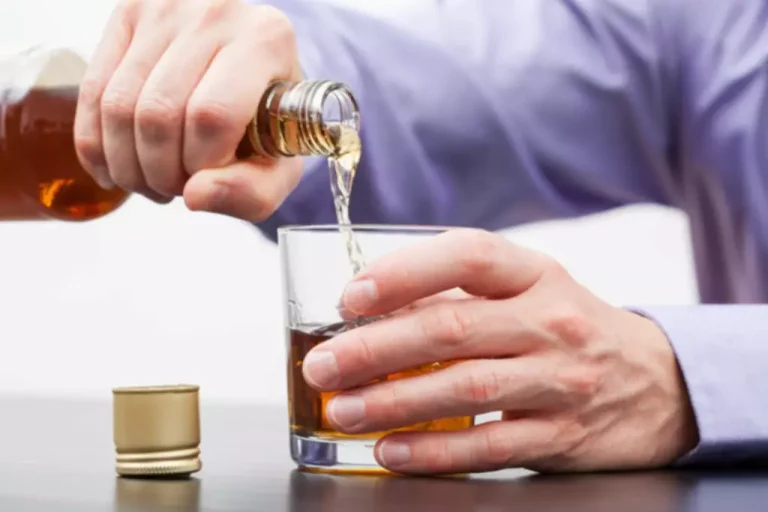
Other triggers may include seeing people who use drugs, being in certain places, or even certain smells or sounds. Warren is a Licensed Master Social Worker, who specializes in substance abuse and mental health treatment. Clinically, Warren has developed a therapeutic skillset that utilizes a strengths-based perspective, Twelve Step philosophies, Cognitive Behavioral Therapy and Motivational Interviewing.
- The earlier people in recovery can identify and successfully respond to triggers, the greater their chances of prolonged abstinence.
- These situations are defined as any event or condition that increases the likelihood of substance misuse.
- With your counselor or therapist, create a plan on how to handle the temptations that come with fun events like parties, weddings, holidays, and more.
- Other triggers may include seeing people who use drugs, being in certain places, or even certain smells or sounds.
- It is in these moments when you are most vulnerable and may think about turning to drugs or alcohol for comfort.
How do you stay motivated after a relapse?

Techniques Drug rehabilitation such as journaling or engaging in hobbies can provide constructive outlets for these feelings, mitigating the risk they pose. Clients can learn to identify their high-risk situations in addiction recovery through several effective strategies. The relapse prevention model serves as an essential framework, encouraging self-monitoring and behavior assessment.
Internal Drug And Alcohol Relapse Triggers

Addiction recovery is challenging for many reasons, one of which is the potential for relapse. Learn what it takes for recovering alcoholics and their loved ones to navigate the Christmas season and all the parties and festivities while sober. Talk to a sponsor, counsellor, or supportive friend about it — they will help remind you why you chose a life in recovery. If you find yourself reminiscing about times when you used to drink or use in a way that overlooks the pain and suffering your addiction caused, this is a major red flag.

Positive Feelings

High-risk situations refer to circumstances that increase the probability of relapse for individuals in addiction recovery. It is crucial to identify and understand these situations in order to support the recovery process and ensure progress. By recognizing and comprehending these scenarios, individuals can effectively develop strategies to manage or avoid them. Environmental cues play a significant role in triggering relapse for individuals in recovery from addiction. These cues can vary from person to person; however, understanding them is essential for developing effective strategies to prevent relapse.
For Loved Ones
Yes, support groups can be immensely helpful in managing high-risk situations and preventing relapse. These groups offer support, guidance, and a sense of community that can be invaluable in sustaining sobriety. Remember, seeking support and professional help from addiction rehab services near you is a positive step towards healing and a healthier, relapse triggers list addiction-free life. There are numerous resources available to assist individuals on their journey towards recovery.
Some people will try to avoid it altogether, which can lead to prolonged isolation and mounting loneliness. Without other people around, it’s easier to talk yourself into drug or alcohol use and rationalize it. Negative emotions like sadness, guilt or anger are often core reasons why people begin abusing substances in the first place. When these emotions crop up again during recovery, the brain remembers dealing with them using drugs or alcohol and prompts cravings. These triggers can vary from person to person, but some common examples include stress, boredom, loneliness, and feeling overwhelmed.
Although you can’t eliminate everything and everyone from your life, you can avoid situations that cause you extreme stress. As a result, it may help to list all the people, places, and things that cause you excessive stress. During therapy for people experiencing emotional relapse, patients are encouraged to identify their denial and focus on self-care. Researchers deduced that the amygdala played an important role in producing focused and exclusive desire, similar to drug addiction.
Strategies for Coping with High-Risk Situations
- Awareness of potential triggers and reaching out to your support system when needed can help overcome the challenges posed by reminders of past use.
- In rats and humans, the hormone corticosterone increases the level of dopamine, a brain chemical that plays a major role in reward-seeking behavior, in the brain in response to stress.
- It’s important to remain conscious of the fact that addiction is a chronic illness, and relapse is always a possibility.
- Cues such as spoons can trigger memories of drug use in former heroin users without them being aware.
Joining a sports team is also a great way to meet new people with like-minded interests. It is possible to engage with people near you who are also going through the recovery process. Having people to relate to and share your story with can make all the difference. If you are facing chronic pain, reach out to your recovery center, if you haven’t already. They may be able to connect you to healthcare services that help people address chronic issues in ways that are safe. Rather than try to address each individual one, a helpful strategy may be to develop healthy ways of dealing with stress in general.
- The stressors of daily life can include several triggers including coworkers, on-the-job stress, finances, and family tensions.
- In fact, substance abuse may begin as an attempt at self-medication to cope with undiagnosed depression, anxiety, or another mental illness.
- A trigger is something that calls up a memory of drug and alcohol use or that causes a craving or desire for substance abuse.
- It sounds silly but sometimes that little bit of assurance — even if it’s coming from your own lips — can be enough to keep the trigger from causing problems.
- One challenge is dealing with the multiple physical and emotional cues that arise and create a desire in an individual to pick up a drink or the substances they are trying stay away from.
- Another useful side effect of our technology-steeped society is that distraction is easy to come by.
10. Places and Situations Where Drugs Are Available
Setting small, achievable goals can help rebuild confidence and provide a sense of accomplishment. Embrace the learning opportunity inherent in setbacks, adjust your approach, and reinforce your commitment to a healthier path. Remember, resilience is a key part of recovery in alcohol rehab centers in Pennsylvania, https://ecosoberhouse.com/ and each day presents a new opportunity for growth and progress. People closest to the individual may set off cravings that eventually lead to a relapse. It is perilous for a person in recovery to be around substance-using friends and family. Offering alcohol to a former addict may trigger feelings that urge the individual to use drugs.
Mental Illness
Even though relapse doesn’t mean failure, understanding the triggers that may lead to a relapse is essential to maintaining progress. Recognizing these triggers and learning how to handle them can help you regain and maintain long-term sobriety. People who struggle with addiction need effective ways of tolerating, managing, and making sense of the negative feelings encountered in daily life. Alcohol, drugs, or addictive behaviors may have provided temporary relief from those feelings in the past, but you can’t rely on them anymore.
